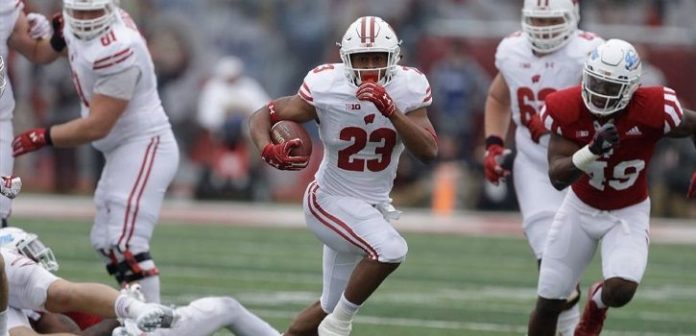Many sports writers and researchers have begun to wonder what the NCAA, the largest amateur sporting organization in the world, would say about the advent of legalized sports gaming in the United States. Researchers have released a report on behalf of the NCAA that discusses the major concerns the sports organization has with gaming.
The Immediacy of Sports Gaming in the United States
As soon as the U.S. Supreme Court ruled that states could decide for themselves whether or not to legalize sports gaming, two of them, Delaware and New Jersey, started to open sportsbook facilities, either at casinos or racetracks. While these two states have colleges and universities that play football, the largest focus at the moment is on Mississippi, which has three teams in the NCAA and two in the Southeastern Conference (SEC). It is worth noting that sports gaming in Nevada alone amounted to $4.5 billion in 2017. Authorities from the University of Mississippi have already consulted with their counterparts at UNLV, who have lived with gambling since the university opened. Officials at Ole Miss are worried about the effect that gaming might have on their players. The state of Mississippi has casinos along the Gulf Coast, as well as in the Mississippi Delta. The Gulf Coast casinos are also within driving distance of other states, such as Alabama, Florida, and Louisiana. The SEC, which is the most powerful conference in football, has already been in discussions with the NFL, the NBA, MLB, and the PGA about the implications of sports betting on gameplay.
The Working Group
The NCAA announced the formation of an internal working group to create effective measures to monitor betting activity and to manage sports data to preserve the integrity of college athletics. The working group hopes to conduct further research into the implications that gaming might bring to the league and to its players. Of special concern to the NCAA are the players. The league is already facing criticism because of the disparity between the amount of money the NCAA takes in each year – in the hundreds of millions of dollars – and the players, who are unpaid and often come from poor families and inner-city neighborhoods. This makes them easy targets for unscrupulous gamers who would offer them money to throw a game.
Moving Forward
According to Mark Emmert, NCAA president, the organization is primarily concerned about maintaining the integrity of the sport. The organization is concerned that if its sports teams, as well as the teams in other leagues, do not protect the integrity of their sports, the leagues will lose fans, and the conferences that belong to the NCAA will lose money. The working group will look at several issues regarding integrity. Rules regarding officials and policies on how to officiate a game in the face of sports gaming will be reviewed. In addition, the role of sponsorship by gaming businesses is also going to be researched. One league commissioner expressed concerns at the amount of sponsorship and gambling availability in other countries, specifically the English Premier League, where sponsorships and gaming kiosks are everywhere. In addition, the NCAA plans to look at whether to hire an outside company to conduct integrity research or to develop its own integrity research firm. The NCAA has a lot of research to do — it is comprised of the largest sports leagues in the United States — and gambling is a large enterprise on its own. If the NCAA puts forward a comprehensive policy on gaming, then the two enterprises should be able to mutually co-exist.
Disclaimer: All images are copyright to their respective owners and are used by USA Online Casino for informational purposes only.












